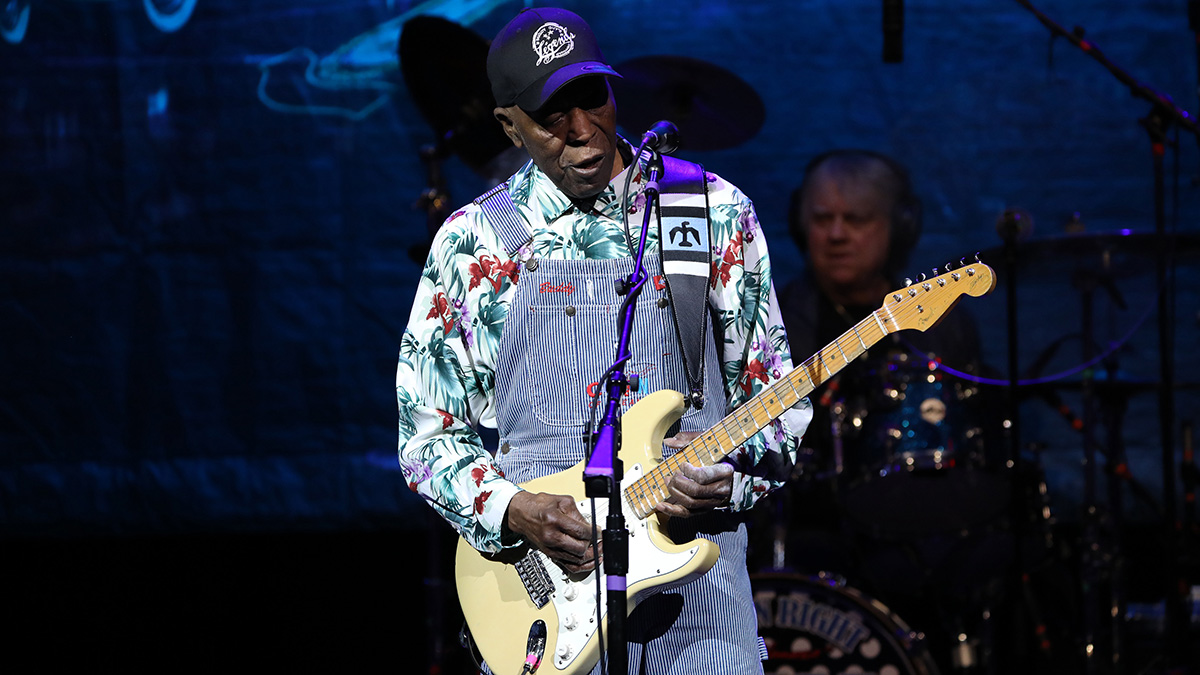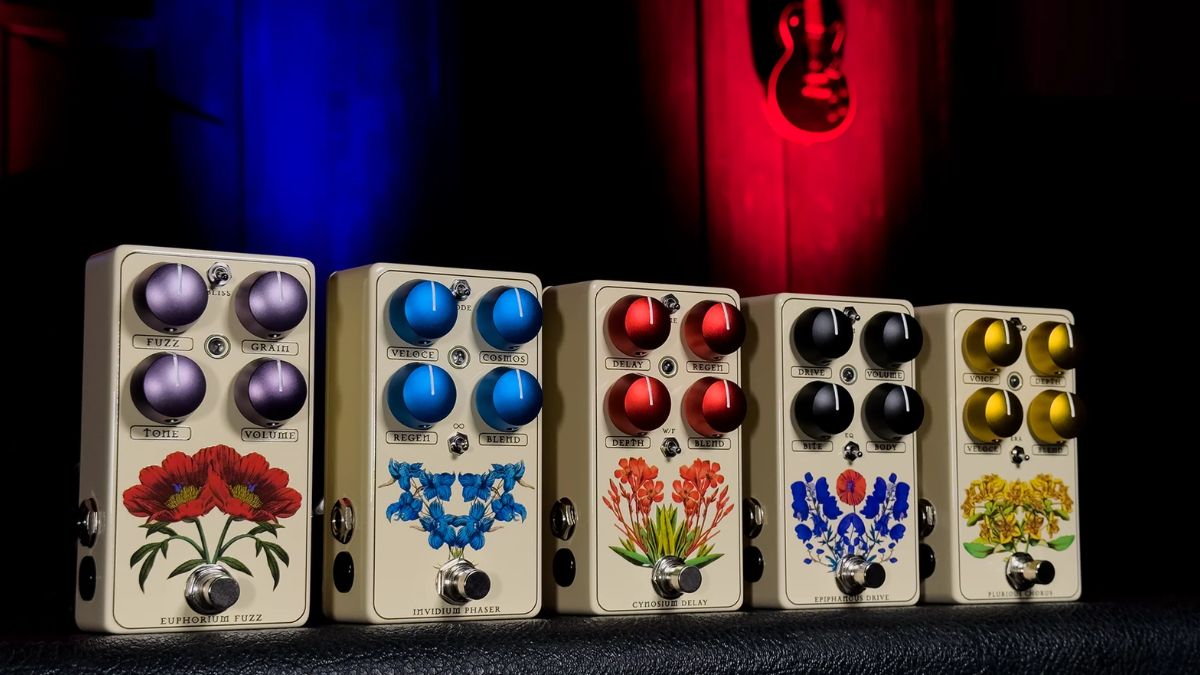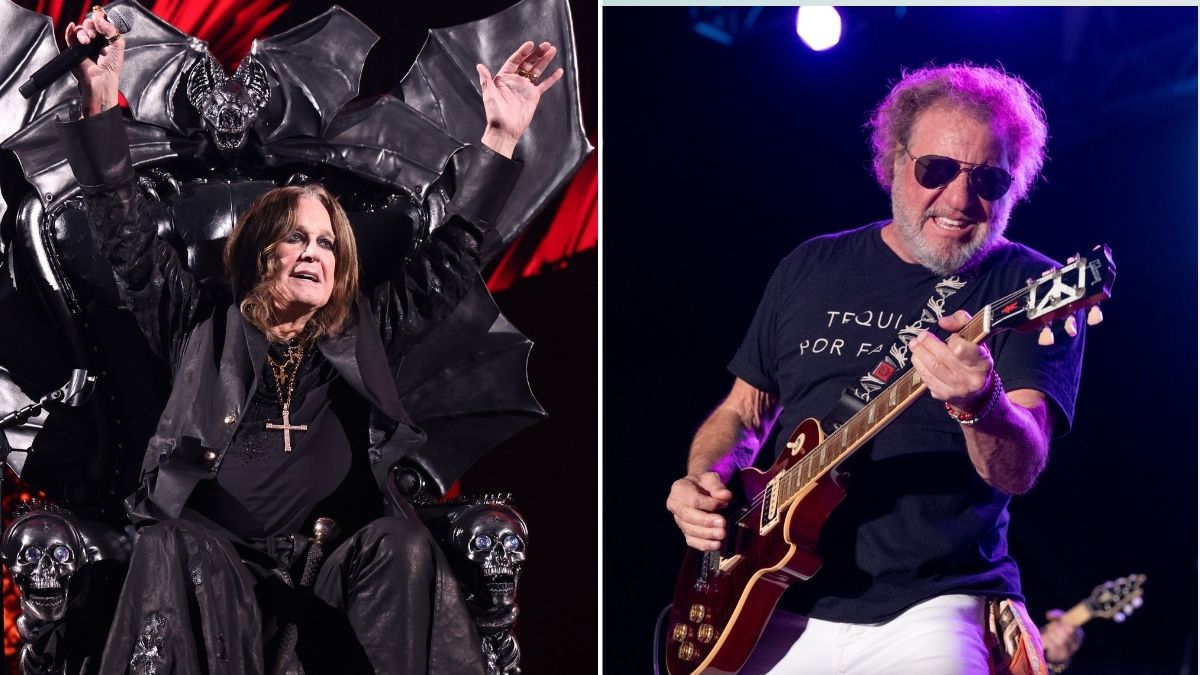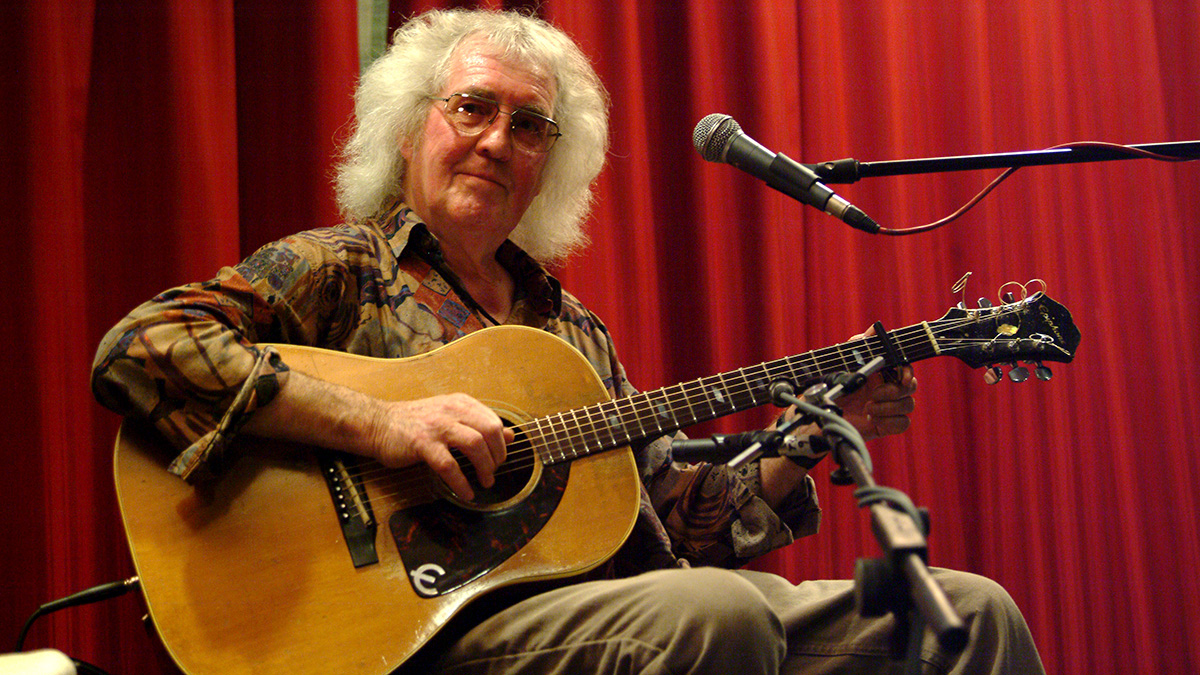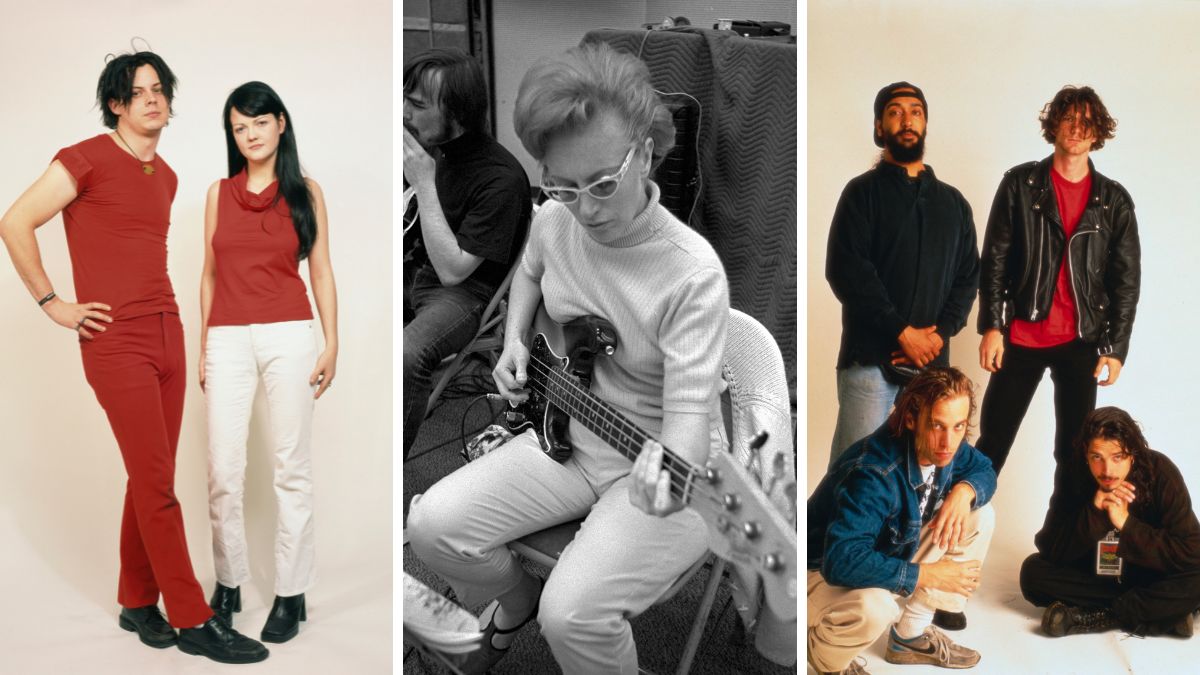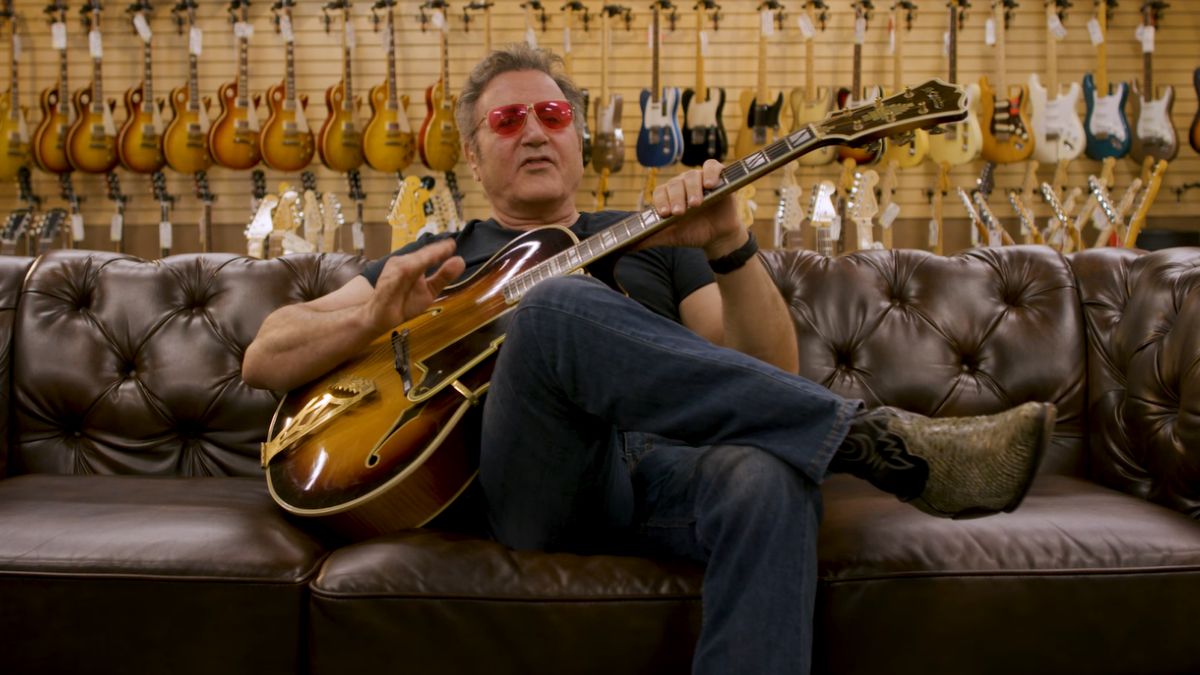Dear Record Label: What Is the Importance of Producers and Engineers?
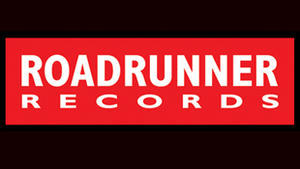
In a band? Have no idea how to go about getting a label to take you seriously? We've got the answers you're looking for.
In our new series, "Dear Record Label," we went to Roadrunner Records -- home of Slipknot, Rob Zombie, Opeth, Megadeth, Kenny Wayne Shepherd, Trivium and more -- and asked them the tough questions young bands should know the answers to. Each week, we'll be bringing you advice from members of the Roadrunner staff to try and get you on track to get noticed.
This week, the advice comes from Roadrunner Records Vice President of A&R, Monte Conner.
Q: What are the functions and importance of producers and engineers in the recording process?
Monte Conner: Producers and engineers are vital to the process in different ways, but their functions can overlap as well. An engineer will be key in recording a band the correct way – for example, making sure they play tight and ensuring that the instruments sound powerful and clear in the mix. A producer is needed to help the band shape and arrange their songs in such a way that the magic can be heard. This could mean getting a singer to pour out emotion in his/her delivery or simply acting as band coach/therapist and getting all the members in the right headspace to lay down their tracks. As I said, there is a lot of overlap between these two jobs, and often the same guy does both. In many ways, a great engineer is more vital than the producer because many producers are just glorified engineers anyway. Bands can get by with a only great engineer if they have to. No matter how good the producer is, if there is no one there to properly record and make the songs sound cohesive, the results will be compromised.
And if you're an unsigned band, be sure to check out Roadrunner's Sign Me To website, which allows unsigned bands to display their music, move up charts based on fan ratings, get reviewed by Roadrunner staff and maybe even get signed!
Get The Pick Newsletter
All the latest guitar news, interviews, lessons, reviews, deals and more, direct to your inbox!
“Around Vulgar, he would get frustrated with me because I couldn’t keep up with what he was doing, guitar-wise – Dime was so far beyond me musically”: Pantera producer Terry Date on how he captured Dimebag Darrell’s lightning in a bottle in the studio
“He ran home and came back with a grocery sack full of old, rusty pedals he had lying around his mom’s house”: Terry Date recalls Dimebag Darrell’s unconventional approach to tone in the studio

